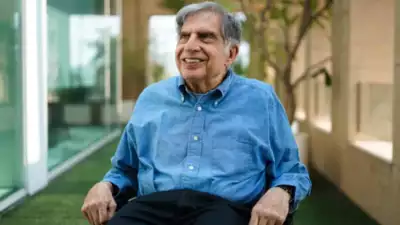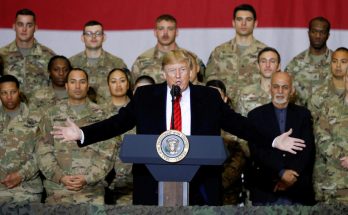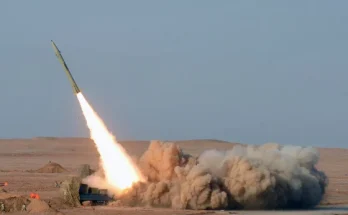BANDUNG, SEATIZENS – Indian conglomerate Ratan Tata passed away at the age of 86 on Wednesday, October 9, local time. The former chairman of Tata Group was a prominent entrepreneur who successfully expanded his business on a global scale. According to Reuters, Tata had been undergoing intensive care treatment at a hospital in Mumbai prior to his passing.
“With profound sadness, we bid farewell to Mr. Ratan Naval Tata, a truly remarkable leader whose immeasurable contributions have shaped not only the Tata Group but also the framework of our nation,” the company stated in an official release. Several public figures have expressed their condolences following Tata’s death, including Prime Minister Narendra Modi.
Tributes from Public Figures
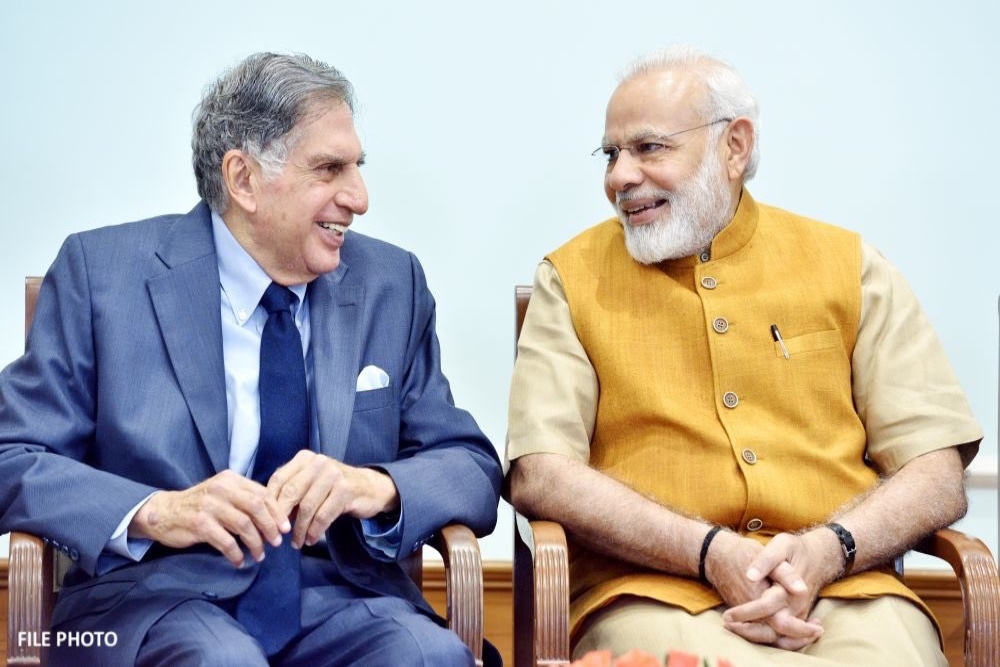
Prime Minister Modi described Tata as a visionary business leader, a compassionate soul, and an extraordinary human being. “I am deeply saddened by his passing. My thoughts are with his family, friends, and admirers during this sorrowful time,” Modi posted on his X (formerly Twitter) account.
After obtaining his architecture degree from Cornell University, Tata returned to India and began working for the group founded by his great-grandfather nearly a century earlier in 1962. He held positions in various Tata companies, including Telco, now known as Tata Motors Ltd, and Tata Steel Ltd. He made significant strides in eliminating losses and increasing market share at the National Radio & Electronics Company, a unit of the Tata Group.
In 1991, Ratan Tata took over the leadership of the conglomerate when his uncle, JRD Tata, stepped down. This transition coincided with India’s radical economic reforms, which opened the country to global markets and marked the beginning of an era of rapid growth.
One of his initial moves was to consolidate power among Tata Group’s leaders. He implemented a retirement age policy, promoted younger individuals to senior positions, and enhanced control over the companies.
Major Acquisitions and Strategic Moves
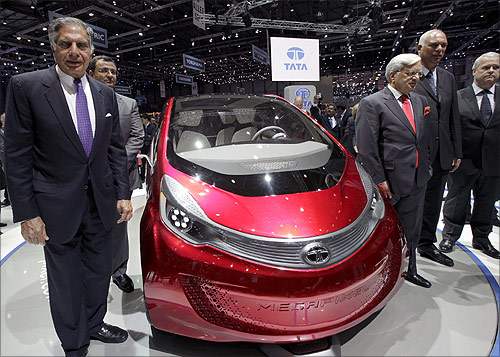
In 2000, Tata Group acquired the British tea company Tetley for $432 million, followed by the acquisition of Anglo-Dutch steelmaker Corus in 2007 for $13 billion. At that time, this acquisition was the largest foreign takeover by an Indian company.
Tata Motors subsequently acquired the British luxury car brands Jaguar and Land Rover from Ford Motor Co for $2.3 billion, solidifying Tata’s reputation as a significant player in the global market.
READ ALSO : Kim Jong Un Declares Acceleration Toward Nuclear Superpower Status
Ratan Tata’s legacy and contributions to the business world have left an indelible mark not only on Tata Group but also on the Indian economy as a whole. His vision and leadership will be remembered fondly by colleagues, competitors, and the community at large.
(Firyal Trinidad)

